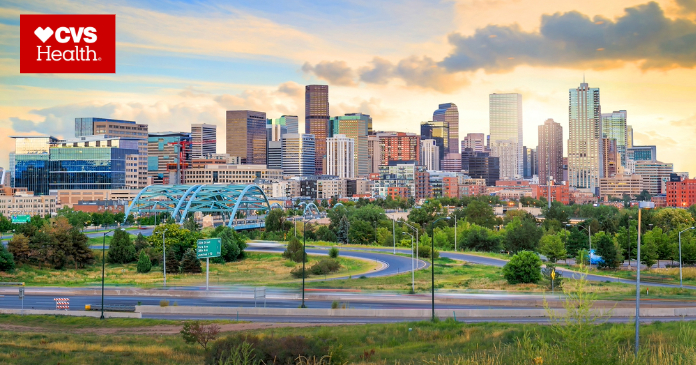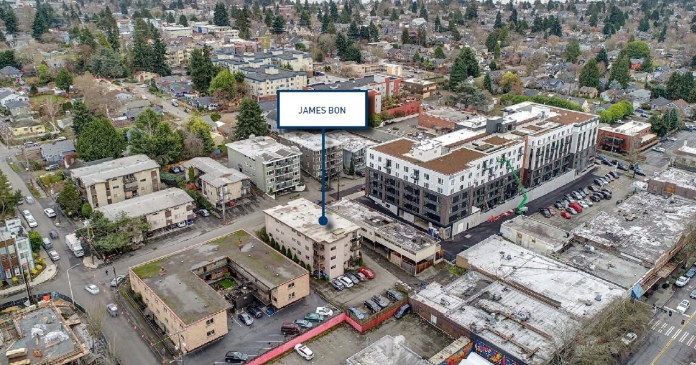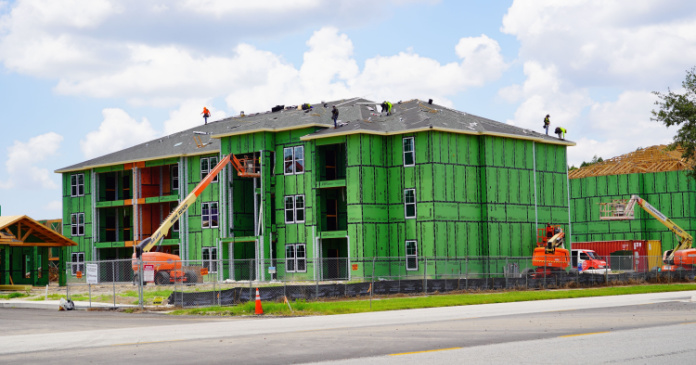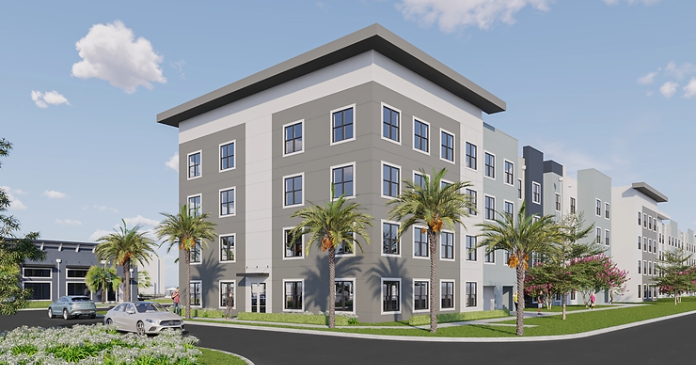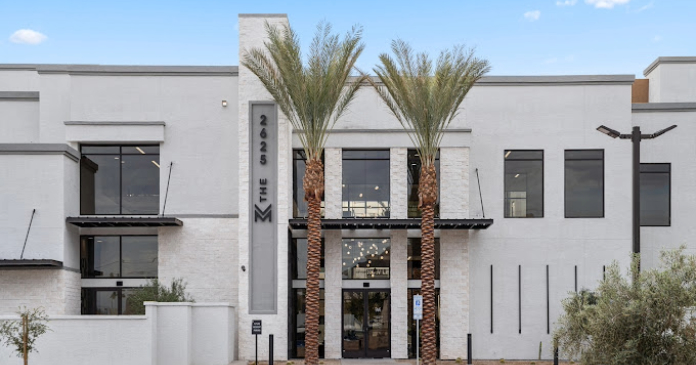The U.S. Department of Housing and Urban Development (HUD) announced the Department will co-lead an Opportunity Zone-focused workforce challenge of the U.S. Census Bureau’s “The Opportunity Project (TOP)” initiative. TOP is a unique and innovative accelerator program that matches tech companies, universities, government, and communities together to create useful digital products for the public. The summer of 2019 challenge—which will be co-led by the Council of Economic Advisers (CEA)—is entitled “Catalyzing Investment in Opportunity Zones,” with the purpose of creating “digital tools and resources to connect investors with community leaders, entrepreneurs, and workers” of the nation’s Opportunity Zones. Read more about the TOP initiative.
“HUD is pleased that leading innovators from across the country are directly taking on the challenge of developing products to help people invest in Opportunity Zones,” Secretary Ben Carson said. “We also want to thank the Census Bureau and the other agencies participating in this summer’s Opportunity Project. Working together, we collaborate with the private sector to solve some of the most pressing issues facing Americans in economically distressed areas. This project will help ensure that Opportunity Zone stakeholders have access to the best data, innovation, and expertise as investment continues to flow into these underserved areas.”
“Government, the technology industry, and the communities that comprise Opportunity Zones all have a significant role to play in establishing new products and services that can benefit the Americans who need them most,” said Scott Turner, Executive Director of the White House Opportunity and Revitalization Council.
The Opportunity Project utilizes the expertise of professionals from across government, the technology sector, and private business to focus on a specific challenge during designated ‘sprints.’ The final products will be shared in Washington, D.C. in December 2019.
The Opportunity Challenge is a part of the work Secretary Carson is undertaking as the Chair of the White House Opportunity and Revitalization Council. The Council’s 16 Federal member agencies and Federal-State partnerships are engaging with governments at all levels—State, local, tribal, and Territorial— and the private sector on ways to more effectively use taxpayer dollars to revitalize low-income communities.
President Trump signed the 2017 Tax Cuts and Jobs Act, creating Opportunity Zones to stimulate long-term investments in low-income communities. The program offers capital gains tax relief to those who invest in these distressed areas. This program is anticipated to spur $100 billion in private capital investment in Opportunity Zones. Incentivizing investment in low-income communities fosters economic revitalization, job creation, and promotes sustainable economic growth across the nation, especially in communities HUD serves. Read more about Opportunity Zones.
Opportunity Zones are a powerful vehicle for bringing economic growth and job creation to the American communities that need it the most. On average, the median family income in an Opportunity Zone is 37 percent below the state median. Overall, more than 8,700 communities in all 50 States, Washington D.C., and five U.S. territories have been designated as Opportunity Zones. Nearly 35 million Americans live in communities designated as Opportunity Zones.





